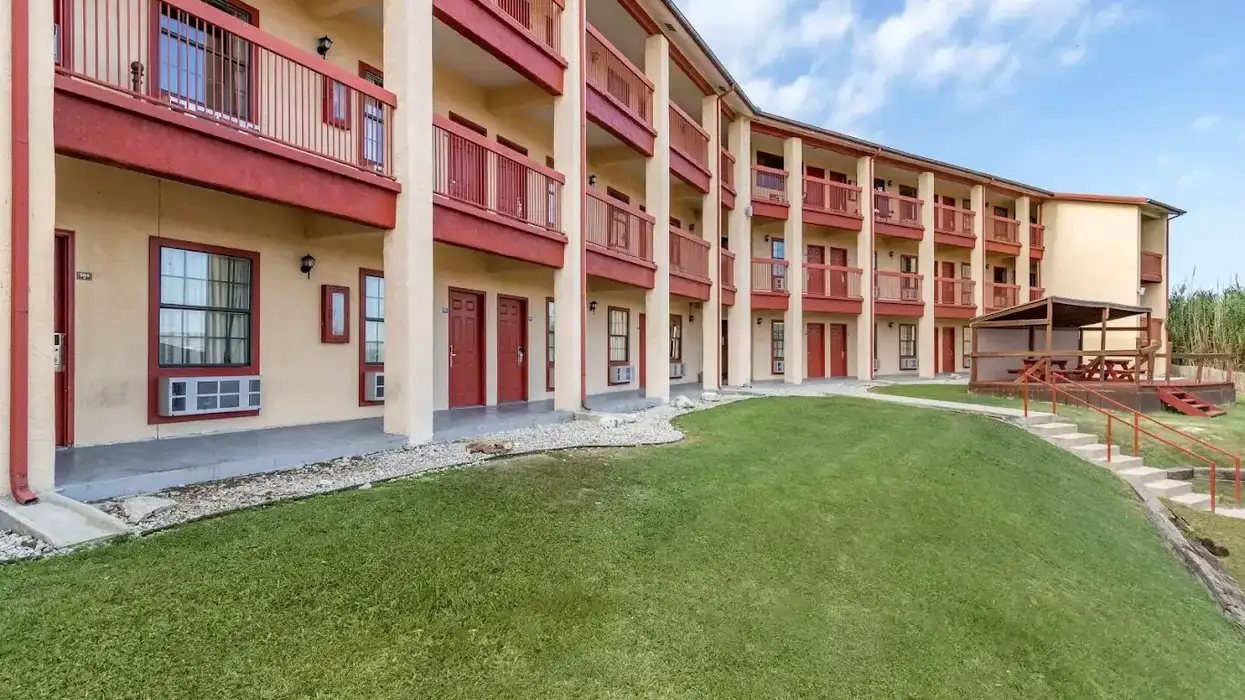LIKE MANY OTHER hoteliers across the country, Rupesh Patel of Orlando, Florida, has been hoping the small business loans available in the $2.2 trillion Coronavirus Aid, Relief, & Economic Security Act would help him keep his two hotels open during the crisis caused by the COVID-19 pandemic. That hope remains, but, also like thousands of others, it may take a little longer than expected to have fulfilled.
At the same time, hotel associations AAHOA and the American Hotel & Lodging Association are pressing for more money to be added to the program.
Banks have been overwhelmed by the massive wave of applicants for the $350 billion in Paycheck Protection Program loans included in the CARES Act since the process began on April 3. Patel was one of them.
“I think banks aren’t ready yet,” he said. “They haven’t gotten all the procedures they need from government, from the [Small Business Administration that administers the PPP]. They don’t even know how to process [the loan applications].”
Delayed gratification
Patel, who said previously his hotels remain open but with “up and down” occupancy, has been keeping in touch with his bank for the past several days.
“They’re going through hours and hours of meetings trying to figure out what the process is going to be and how we’re going to make it happen, but there are thousands and thousands of businesses that have applied. It’s not just a simple thing. I think it’s going to take a long time to get these processed.”
Even if lenders can take applications online, there must be a manual approval process, he said.
“The application they gave us was a manual application you have to print out,” Patel said.
California-based hotelier Sunil “Sunny” Tolani had a similar experience and also cited the manual upload process as a probable cause.
“Patience is the key,” he said.
Tolani said at the outset of the crisis that he was trying to keep his hotels open specifically because his employees were depending on him. The PPP loans will be worth the wait, he said.
“The Paycheck Protection Program is a game-changer and life saver for us. Our employees will be so excited to hear they will still be getting paychecks,” he said. “Because of this help, we can get through with a minimal amount of pain and suffering for something that wasn’t our employees fault.”
The delays are nationwide and could lead to more harm than good, according to a column on CNBC.com by Seth Levine, founding partner of Foundry Group, and Elizabeth MacBride, founder of Times of Entrepreneurship.
“The delays are putting millions of businesses at risk of closing, threatening their employees, their suppliers and their communities,” Levine and MacBride said in the column. “This is putting us all at risk of a deeper recession.”
Overwhelming numbers of applications are one cause of the delay, the article said. Bank of America had received applications from 177,000 small businesses, including 60,000 PPP applications, and Wells Fargo told the authors it was at capacity for its allotments under the program.
Perhaps a bigger problem, though, is the lack of guidance.
“The banks that are rolling out the program are unprepared and lack basic guidance from the SBA and Treasury Department on key details of the application process and the overall program,” Levine and MacBride said. “These businesses are the lifeblood of America. And we’re abandoning them almost completely to navigate this crisis on their own. Aid that is intended to help these businesses won’t get to them if we don’t take immediate steps to clarify the rules, get the technology up and running and begin a national coordinated campaign to communicate with and support all the small businesses that need help.”
Another issue, according to AAHOA and AHLA, is that the initial disbursement under the CARES Act is not enough.
Adding to the pot
A plan has been put forward by Senate Majority Leader Mitch McConnell and House Speaker Nancy Pelosi to add $250 billion to the PPP and other loan programs in the stimulus package. The legislation is needed to augment the CARES Act, said Cecil Staton, AAHOA’s president and CEO, because hotels need “a more nuanced and tailored stimulus that reflects their actual needs.”
“Lodging is a ‘signal industry.’ It was the first to feel the effects of this crisis as conventions, conferences, and vacations were cancelled, and it will likely be the last to recover because the lingering effects of the economic downturn and fears over COVID-19 will undoubtedly inhibit travel,” Staton said. “In fact, for hotel owners, April through September represents the busy season when they traditionally see the most receipts, but because of COVID-19, they are missing out on substantial revenue, and jobs are being lost. That’s why hotel owners not only have to ensure that they can continue to pay their employees, but also keep their businesses open by meeting debt service obligations."
AHLA sent a letter to Congress outlining the ways it thinks the CARES Act needs to be modified, said Chip Rogers, AHLA president and CEO. To begin with, the association is calling for the limit on SBA loans to be increased.
“The current limit will not allow a business owner to meet both payroll and debt service obligations beyond an estimated four to eight weeks. Consequently, it will result in continued layoffs of the very workers the bill seeks to protect,” Rogers said.
AHLA also called on Treasury, the Federal Reserve and the Securities and Exchange Commission to provide relief to hoteliers who may have trouble paying the mortgages they have that are commercial mortgage-backed securities (CMBS) loans. As Peter Berk, president of PMZ Realty Capital LLC Hotel Finance Group, pointed out in a webinar for AAHOA, the CARES Act does little to help with CMBS loans.
“Without action to shore up debt servicing, including in the CMBS market, this crisis will lead to widespread foreclosures, snowballing into mass disruption and a critical lack of liquidity in the commercial real estate market,” Rogers said. “With the additional actions we are recommending, the hotel industry will be in a stronger position to make it through this unprecedented crisis, while building a foundation for a stronger tomorrow.”





